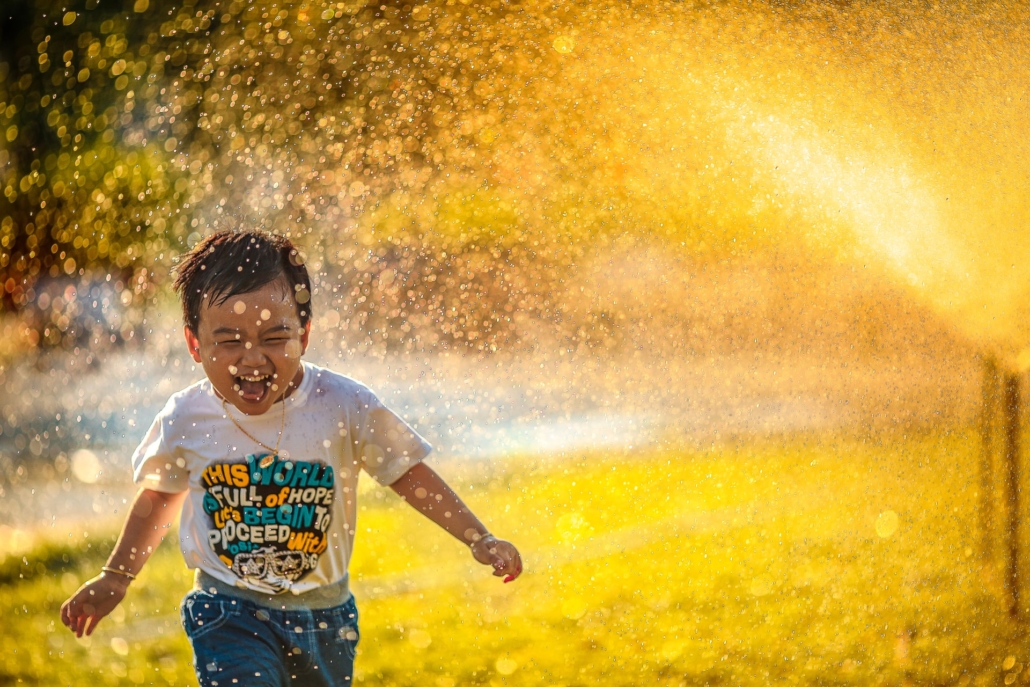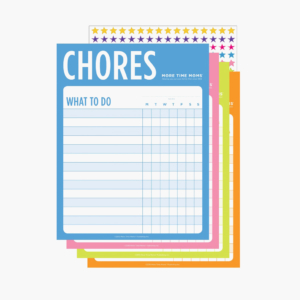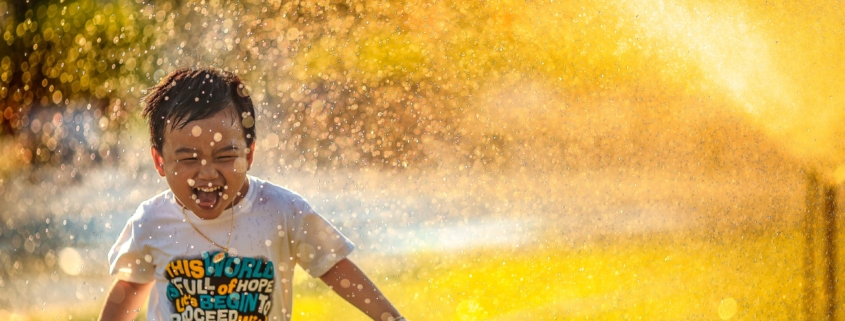How to Channel Your Child’s Hyperactive Energy Positively
 Children, naturally, have higher energy levels than adults. There’s nothing wrong with that, but sometimes, the high energy can actually be hyperactivity. Hyperactive kids are restless, easily bored, and fidgety. They might make careless mistakes because they can’t focus, and they’ll usually have trouble staying quiet and still when needed, even if it’s just for a short while. They may act in a way that bothers other kids.
Children, naturally, have higher energy levels than adults. There’s nothing wrong with that, but sometimes, the high energy can actually be hyperactivity. Hyperactive kids are restless, easily bored, and fidgety. They might make careless mistakes because they can’t focus, and they’ll usually have trouble staying quiet and still when needed, even if it’s just for a short while. They may act in a way that bothers other kids.
Hyperactive behavior can stand in the way of achieving academic success, making friendships, and being persistent with certain hobbies or interests. The good news is that it is possible to channel that energy in the right direction. Here’s how.
Get Your Child into Sports
Physical activity is the best way for hyperactive children to spend their immense energy. Any sport they are into, from cycling and swimming to baseball and soccer, is a fantastic way to channel all that energy.
Of course, some sports will prove to be more effective than others.
Martial arts, such as Karate, focus on creating a balance between physical exertion and mental concentration, and they teach kids discipline and self-control. Team sports, on the other hand, are beneficial because they require children to work together.
However, some kids will have trouble adjusting to a team, so it would help to train at home first. For example, if your choice is baseball, you can build a backyard batting cage for practice, and sign them up for a team when they’re ready.
Encourage Your Child’s Creativity
Not all hyperactive kids are inclined to shoot a hoop or kick a ball. Some prefer a more creative way to use their energy and express themselves. These activities can also be physical, such as dancing. This is a great way to increase range of motion, gain physical strength, and improve flexibility. Furthermore, it helps build confidence and reduce anxiety. Acting, singing, playing an instrument, and art lessons can also be fantastic for your child.
Creative activities help children show and cope with their feelings. They also boost mental growth and improve problem-solving skills.
 Let Your Children Help You
Let Your Children Help You
If your kid comes home from school practically bursting with energy, try harnessing that energy into something that’s beneficial for the entire family. Don’t let them instantly sit in front of the TV or play video games. Instead, ask them to help you around the home. They can help you get dinner ready or do some simple chores, such as cleaning up their room, folding their clothes, vacuuming, or dusting.
This will give them a sense of responsibility and help them take pride in their achievements. Also, it is a great and useful way to spend quality time with them.
Encourage Outdoor Activities
A growing body of research claims that kids who spend time in nature experience lower stress levels and have a better ability to pay attention. The benefits are clear for hyperactive children:
- reduced stress levels
- improvement in short-term memory
- improved mental health
Kids should spend some time outside every day, at their local park or backyard. Other great ideas for outdoor fun include day and overnight camps, family camping, picnics, outdoor sports, scavenger hunts, hiking, and evening walks.
Help Your Child Build Social Skills
The emotional maturity level of kids with hyperactivity disorder can be below that of their peers without ADHD. This means they may have a hard time sharing and losing at games and struggle to play well with others. Such behavior, even though unintentional, can result in them not being accepted by their group.
However, you shouldn’t isolate them from participating in activities with other kids, especially because building social skills can help them channel their energy into the right place. Instead, teach them to improve their social skills. Here are the three key ways to help them:
- Schedule smaller playdates (with one or two friends).
- Point out inappropriate behavior (in private, of course!) and gently explain why it’s not okay to behave that way.
- Praise them for calm, kind behavior and anything they do that represents good social behavior.
Help Them Write Things Down
A written to-do list can give your child a visual reference for when they become distracted or forget what they are supposed to do. Teach them to refer to the list whenever their mind wanders away or when they’re unsure what to do next.
Of course, don’t punish them when they fail to complete some task. Instead, use positive reinforcement and allow them to gain independence through relying on themselves.
Also, it can be helpful to write a diary before bedtime. They can write down their thoughts and fears as well as their accomplishments and hopes.
Having more energy than other kids is not necessarily a bad thing. It’s a matter of channeling all that energy into something positive and constructive. With these strategies, you can provide solid guidance for your restless child and direct them into a more calm, accomplished state.
By Sarah Kaminski
Sarah is a life enjoyer, positivity seeker, and a curiosity enthusiast. She is passionate about an eco-friendly lifestyle and adores her cats. She is an avid reader who loves to travel when time allows.

Leave a Reply
Want to join the discussion?Feel free to contribute!